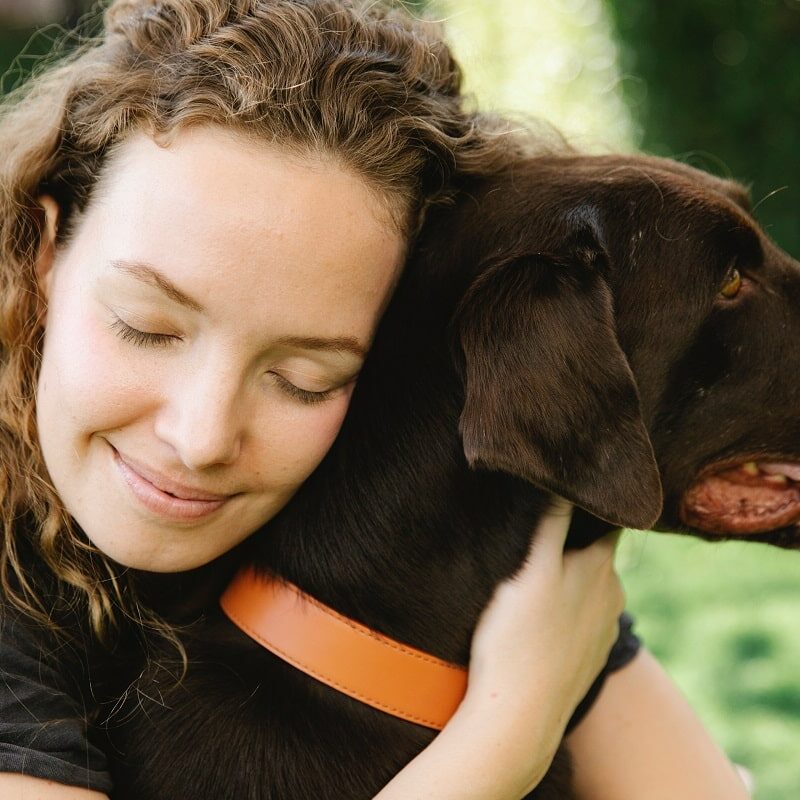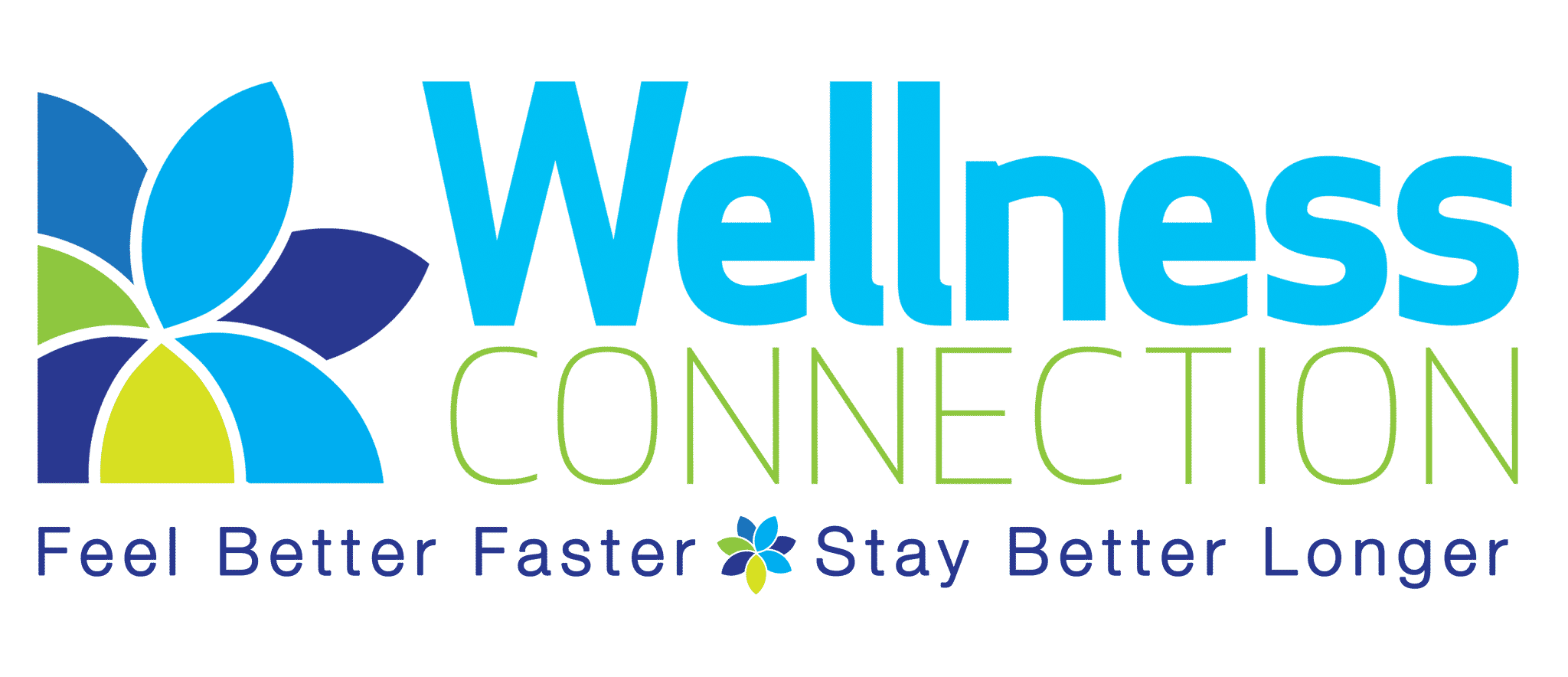
Pet Therapy
What is Pet Therapy?
Although animals have been used for centuries to help humans heal, it wasn’t until the 1900s when pet therapy first became documented in the United States as a way to help improve the treatment outcomes of patients. Since then, there has been growing scientific research that proves the efficacy of using animals to help alleviate physical and mental health symptoms.
Pet therapy, also known as Animal-Assisted Therapy, can be offered in a variety of settings, including schools, mental health facilities, hospitals, and hospice centers. Cats and dogs are two of the most common types of animals used. However, clinicians have also been known to use rabbits, horses, dolphins, birds, and guinea pigs in treatment sessions.


People of all ages can benefit from Pet Therapy, including children, adolescents, teens, adults, older adults, veterans, and persons with disabilities.

Pet therapy can help strengthen rapport between patient and provider, increase communication, and improve a client’s ability to cope with emotional distress, injury, or illness.

Petting an animal releases an automatic relaxation response which helps lower anxiety and boost overall mood. Pet therapy can also decrease depression, loneliness, and stress.
Benefits of Pet Therapy
At Wellness Connection, pet therapy is facilitated by a licensed mental health clinician. For some clients, this may be the first time they pursue mental health treatment. The clinician will use the presence of a trained therapy dog to help patients feel more comfortable in the therapeutic environment. Pet Therapy can be used in combination with psychotherapy to treat the following issues:
-
Abuse
-
Addiction
-
Anxiety
-
Cancer
-
Chronic Illness
-
Depression
-
Domestic Violence
-
Family and Relationship Problems
-
Grief and Loss
-
Personal Fulfillment
-
PTSD
-
Self-Esteem
-
Trauma

